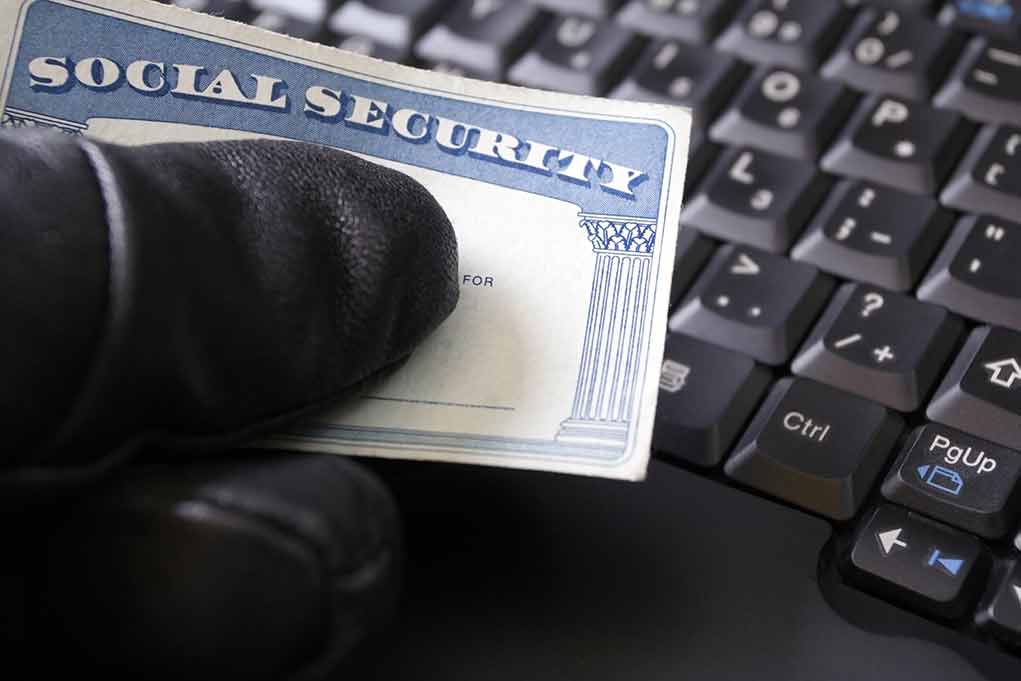
In 2025, the looming surge in identity theft highlights the risks posed by AI-powered scams exploiting personal data.
Key Takeaways
- Identity theft cases are rising, with scammers employing AI for sophisticated tactics.
- The Better Business Bureau has recorded over 16,000 identity theft reports in recent years.
- Monitoring financial accounts and setting up multi-factor authentication are effective protective measures.
- The Better Business Bureau of Missouri warns that identity theft will continue to rise in 2025.
Identity Theft’s Increasing Complexity
Identity theft is not a new phenomenon, but the methods used by criminals are evolving. With AI and the use of the dark web, scammers have tools to impersonate individuals, breach social media accounts, and hijack mobile lines. The Better Business Bureau has already documented more than 16,000 identity theft reports in the last three years, revealing the seriousness of the issue.
Range and Effects of Identity Theft
Identity theft can range from complete identity takeover to the theft of smaller pieces of information, like email addresses or phone numbers. Criminals often use stolen data to send spam or engage in more significant fraudulent activities. In 2024, account takeover cases increased by 76%, with more than half involving hijacked mobile accounts.
The Federal Trade Commission reported more than 840,000 identity fraud cases in the US in 2024. The FBI noted consumer losses exceeding $125 million to identity theft in 2023 alone, emphasizing the financial implications. Artificial intelligence can play a prominent role in fraudulent processes, helping scammers evade detection and verification checks.
“The terrifying part is with AI, it’s so much easier for these things to appear legitimate. And we’re seeing more and more times where it’s used to have personal information about you that they can then gain the confidence, where you provide more personal information,” Julie Wheeler, CEO of the BBB for western Virginia, said, “the dark web, that’s where all this information is put to be sold… I would pretty well bet that just about every single one of us has our Social Security number and other personal information on a dark web site.”
Threat Actors Use AI to Launch Identity Theft Scams https://t.co/silAZSNu1l #AI #ConsumerProtection #Crime @RobinsonCole pic.twitter.com/UY5Dcj3bNd
— National Law Review (@natlawreview) April 24, 2025
Prevention Measures and Recommendations
Experts recommend several precautions, including monitoring bank accounts and credit reports for unauthorized activity. Freezing credit and enabling multi-factor authentication are other significant steps. According to Brian Edwards, keeping an eye on essential accounts can help detect anomalies early.
“We do want people to know there’s many sites on the dark web where someone’s information may be getting shared,” Michele Mason, president and CEO of the Chattanooga Better Business Bureau, said.
Agencies like the Better Business Bureau advise a two-pronged protection plan: safeguarding data and continuous monitoring. Avoiding the distribution of personal information to unknown sources is vital. Consumers should report identity theft incidents to the Better Business Bureau Scam Tracker, the FTC, or even the FBI for further investigation.
Continued Rise in Identity Theft
Identity theft is anticipated to rise as we move into 2025. Fraud prevention service, Cifas, emphasizes the role AI continues to play in increasing identity theft cases. The BBB, Identitytheft.org, and FTC all provide preventive measures and resources to help alleviate the burden of identity theft on unsuspecting victims.
Overall, staying vigilant, adopting robust protection measures, and reporting suspicious activities can help shield individuals from potential threats. As technology continues to advance, so do the methods employed by scammers, necessitating a proactive approach to safeguard personal information.
Sources
- Identity theft surges as scammers exploit AI technology
- Rise in identity theft linked to AI, dark web, and data breaches, BBB warns
- Threat Actors Use AI to Launch Identity Theft Scams
- Better Business Bureau warns of raising AI scams




